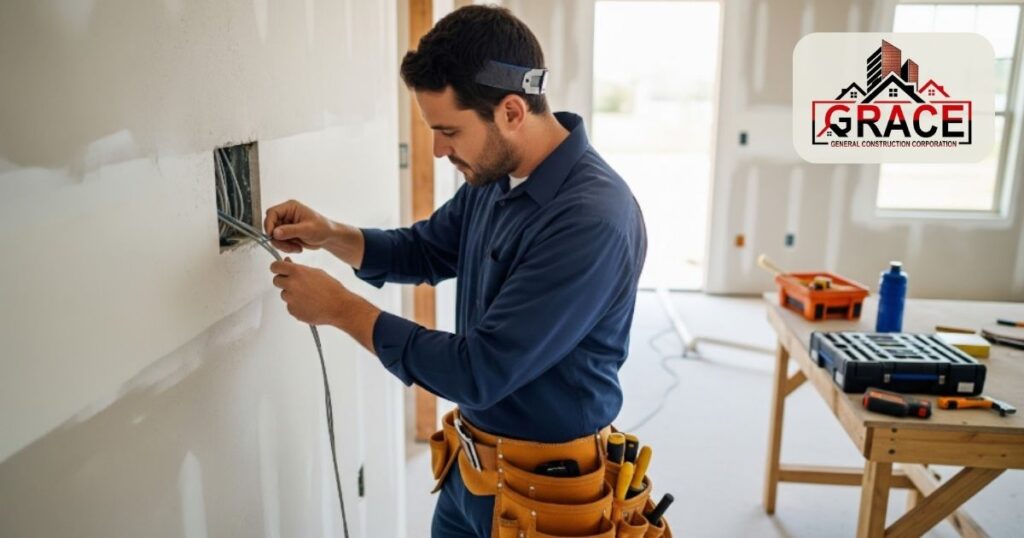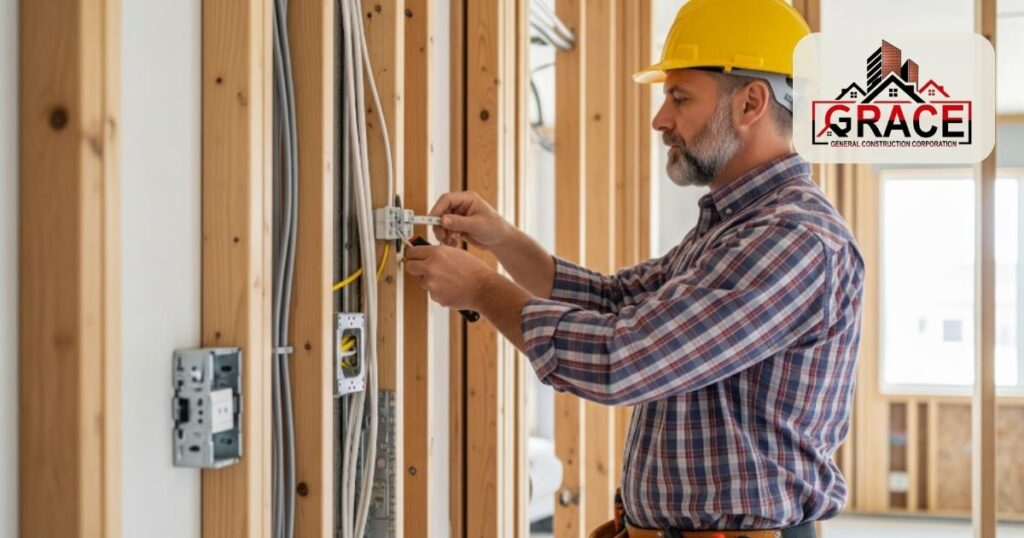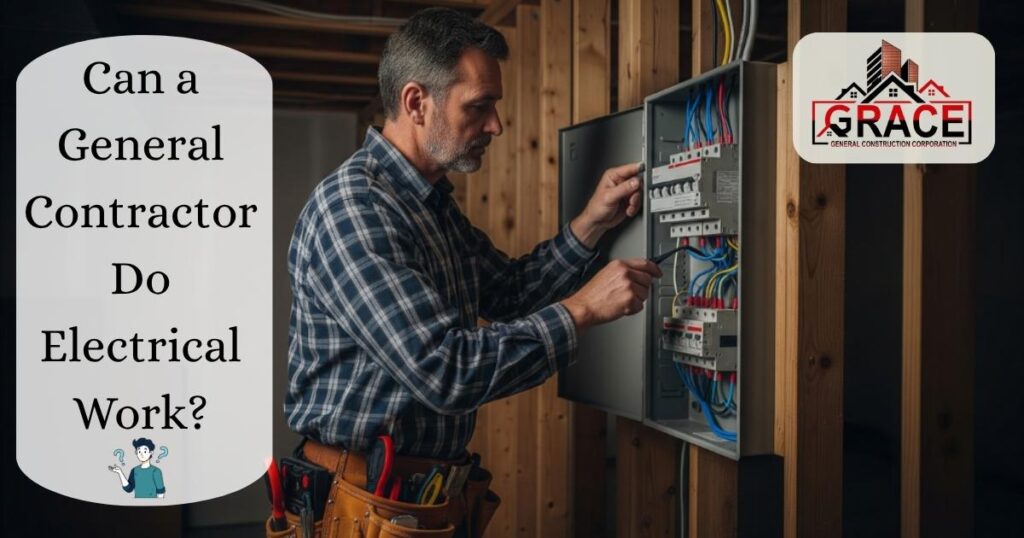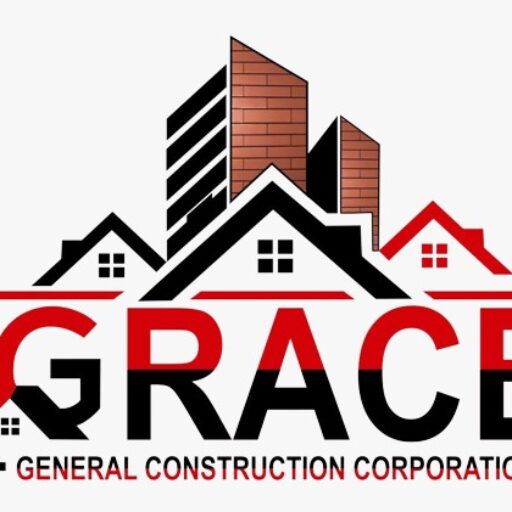Not long ago, a homeowner in Fordham called us in a panic. He had just installed some new recessed lighting in his living room, only to trip the breaker. Worse, a neighbor warned him that the work might have required a permit.
This kind of confusion isn’t rare, and it leads to one of the most common questions Bronx homeowners ask us:
Can a general contractor legally do electrical work?
The short answer: sometimes yes, but often no—and the line matters more than you think. Let’s break it down so you can avoid fines, failed inspections, and serious safety risks.
What Exactly Counts as “Electrical Work” in NYC?
In New York City, most electrical work—especially anything behind walls or involving your circuit panel—requires a licensed Master Electrician and a permit from the NYC Department of Buildings (DOB).
According to NYC’s electrical code, electrical work includes:
- Installing or altering wiring
- Running conduit through walls or ceilings
- Adding new outlets or circuits
- Upgrading service panels or breakers
If a task involves touching live wiring, circuit capacity, or permanent fixtures, it’s probably not something a general contractor can legally perform alone.

Bronx-Specific Rules You Can’t Ignore
Living in the Bronx comes with its share of quirks—tight brownstones, older wiring, and a layered history of renovations. That’s why the DOB tends to be stricter here, especially in neighborhoods like Pelham Parkway or Kingsbridge, where many homes were built before modern codes were in place.
Under Article 27 of the NYC Electrical Code, only licensed electricians can perform wiring and related work. If you proceed without one, your job may be halted, and fines can accumulate quickly.
In fact, according to a 2024 report, the DOB issued over 3,400 electrical violations citywide—a significant portion of them for unpermitted work in residential properties.
What a General Contractor Can Do (Legally)
General contractors can perform minor electrical-related tasks that don’t require a permit or involve altering existing wiring. For example:
- Replacing light fixtures that don’t exceed 30 amps
- Swapping out switches or outlets (non-GFCI, surface level)
- Installing low-voltage systems like under-cabinet lighting
- Connecting dishwashers, stoves, or other appliances (if hardwiring isn’t involved)
At Grace General Construction, our in-house team handles these types of basic installations. For anything beyond that, we follow protocol because we believe that safe work and satisfied clients go hand in hand.
When a Licensed Electrician Must Step In
Here’s when we always call in a licensed electrician:
- Adding a new circuit
- Rewiring a basement or attic
- Installing a new electrical panel
- Any wiring concealed behind drywall
- Connecting high-voltage appliances or HVAC systems
Trying to “DIY” or use an unlicensed contractor for this kind of work can lead to serious legal and safety issues, including problems when selling your home or having insurance refuse to cover future claims.
How Grace General Construction Handles Electrical Work
We follow a simple, transparent process:
- Assessment – We inspect your project and identify what can be done by our crew and what requires a licensed electrician.
- Coordination – We bring in one of our trusted, NYC-certified electricians if needed—someone we’ve worked with before, not just a random hire.
- Permit Handling – We ensure proper permits are filed with the DOB when required, so your project stays legal and inspection-ready.
A recent example: In a basement remodel in Morris Park, we handled the demolition, framing, and insulation. For the full rewire and panel upgrade, we coordinated with our licensed partner to handle everything, from permit pulling to final inspection, all of which was completed two weeks ahead of schedule.
DIY vs GC vs Electrician: Who Should You Call?
| Task | DIY | General Contractor | Licensed Electrician |
| Replacing a lightbulb | ✅ | – | – |
| Changing a light fixture | 🚫 Risky | ✅ | ✅ |
| Running new wiring | 🚫 | 🚫 | ✅ |
| Upgrading the electrical panel | 🚫 | 🚫 | ✅ |
| Rewiring the kitchen or bath | 🚫 | ✅ (with electrician) | ✅ |
Bottom line: It’s not about pride or price—it’s about doing the job right and legally.

Conclusion: Stay Safe and Smart with Bronx Electrical Projects
In NYC, and especially here in the Bronx, electrical work is heavily regulated—and for good reason. While general contractors like Grace can legally perform some electrical tasks, anything more complex should always involve a licensed electrician.
The good news? You don’t have to figure it out on your own.
We’re here to guide you every step of the way—from inspection to installation, ensuring a legally and efficiently executed process.
Frequently Asked Questions
Is it overkill to hire a general contractor for two new outlets?
If the job is small and involves surface-level outlet replacement, a GC can likely handle it. But if wiring or permits are involved, it’s best to involve a licensed electrician.
Will the DOB fine me for swapping a light fixture without a permit?
If the fixture swap is simple and doesn’t require rewiring, a permit is usually not needed. But improper installation or unlicensed work could raise red flags during inspections.
What’s the difference between a handyman and a licensed electrician in NYC?
A licensed electrician is certified by the DOB, can file permits, and is trained in high-voltage, code-compliant installations. A handyman or GC can handle small tasks, but not legally permitted wiring.
How much does Grace charge to manage electrical permits?
Permit costs vary by project, but we include permit coordination in our overall project management service—no hidden fees or guesswork.


